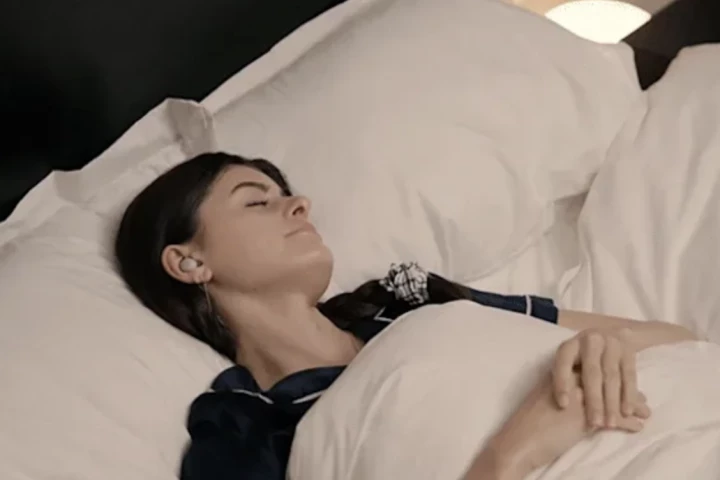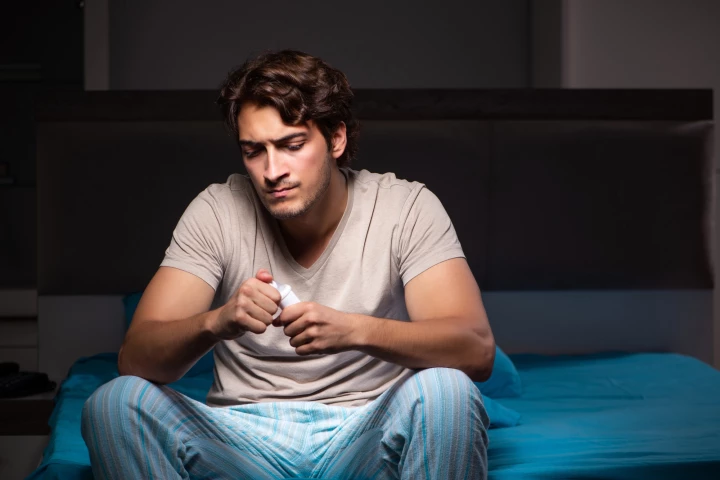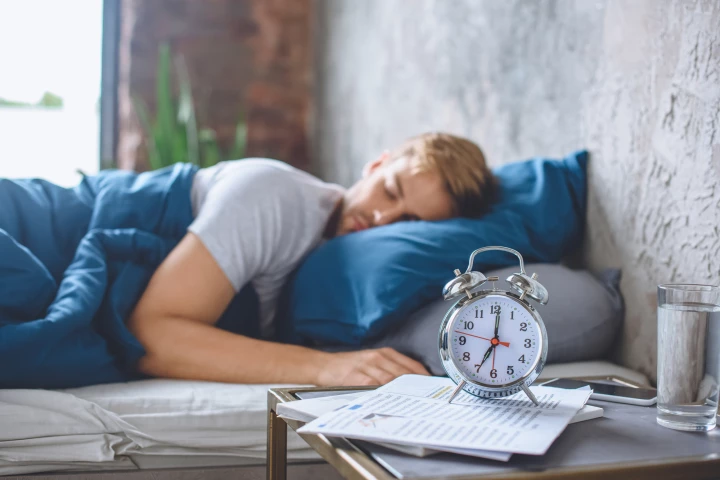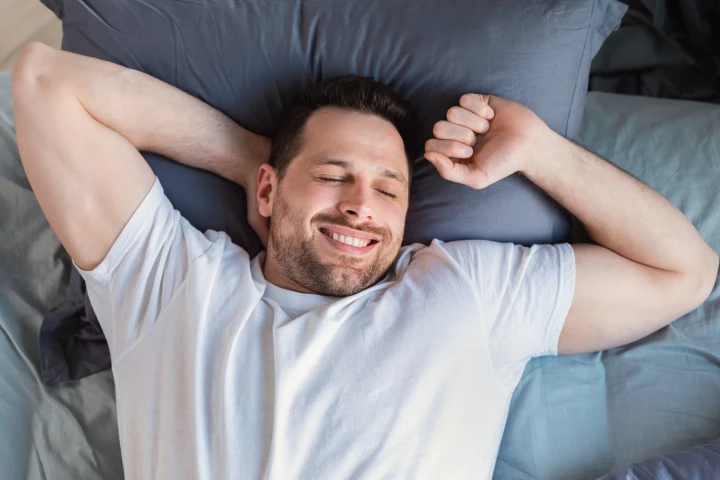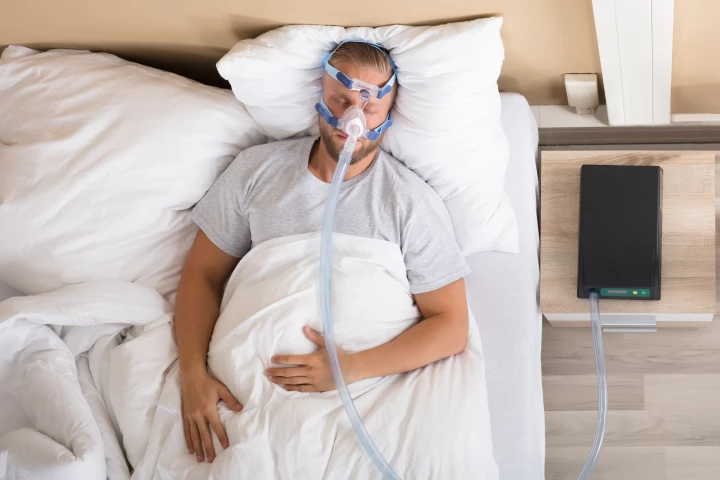Sleeping
-
Whether it's reading a book or putting on music, many of us have some kind of ritual – small or large – that we do to "wind down" in bed. But it can be hard to gauge how good or bad these activities are. Now for one popular pastime, we know more.
-
A pair of $139 brainwave-synching earbuds uses your body's data to shape your sleep. Whether it's a peaceful night or quality power naps, they stand to be a game-changer for anyone who has trouble getting enough shut-eye naturally.
-
Each night, our brains execute a "wash and rinse" routine that clears away harmful protein waste linked to neurodegenerative diseases like Alzheimer's. Now, new research shows that a common prescription sleep aid can disrupt this essential process.
-
In an analysis of the sleep habits of over 72,000 people, researchers identified a particular pattern that can dramatically spike the risk of major cardiovascular problems. The good news is that the pattern is relatively easy to avoid.
-
One of the best things about sleeping on a train is the gentle rocking motion that lulls you off to la-la land. Well, the Ensven 3 Modular Bed Rocker brings that same motion to people's beds, with a lot more oomph than its predecessors.
-
Melatonin is already a popular supplement for those who struggle to get a solid night's sleep. But the dosage of the supplement and the best time to take it has remained largely a trial-and-error endeavor. A new study puts that uncertainty to bed.
-
If you've ever woken up in the night with a painful thigh, calf or foot cramp, you'll know how disruptive this condition is – and it gets worse as we age. But there's good news out of the first human trial that used a type of vitamin K to combat it.
-
A common childhood epilepsy drug has the potential to change the lives of millions of people who suffer from sleep apnea, as a clinical trial has delivered surprising results in reducing breathing interruptions and improving daytime alertness.
-
While being a night owl has a certain cachet, a new study shows that staying up into the wee hours can be downright dangerous. The late-night lifestyle was shown to dramatically raise diabetes risk and cause several other health-damaging effects.
-
Normally, staying up for extended time periods leads to the need for extra sleep. But researchers have just found that activating astrocyte cells in mice caused the rodents to stay awake for six hours longer than usual, with no noticeable sleep debt.
-
Sleep apnea affects around 30 million Americans, but it can be incredibly difficult to treat, even more so given that devices used to alleviate it are given up on by nearly half of those diagnosed. Scientists are now proposing a different approach.
-
There's precious little human dignity in economy airline travel to begin with; why not go all the way? The HypNap TruRest offers you the opportunity to attempt sleep with your face mashed into a padded cradle, and arrive red, wrinkly and refreshed.
Load More

